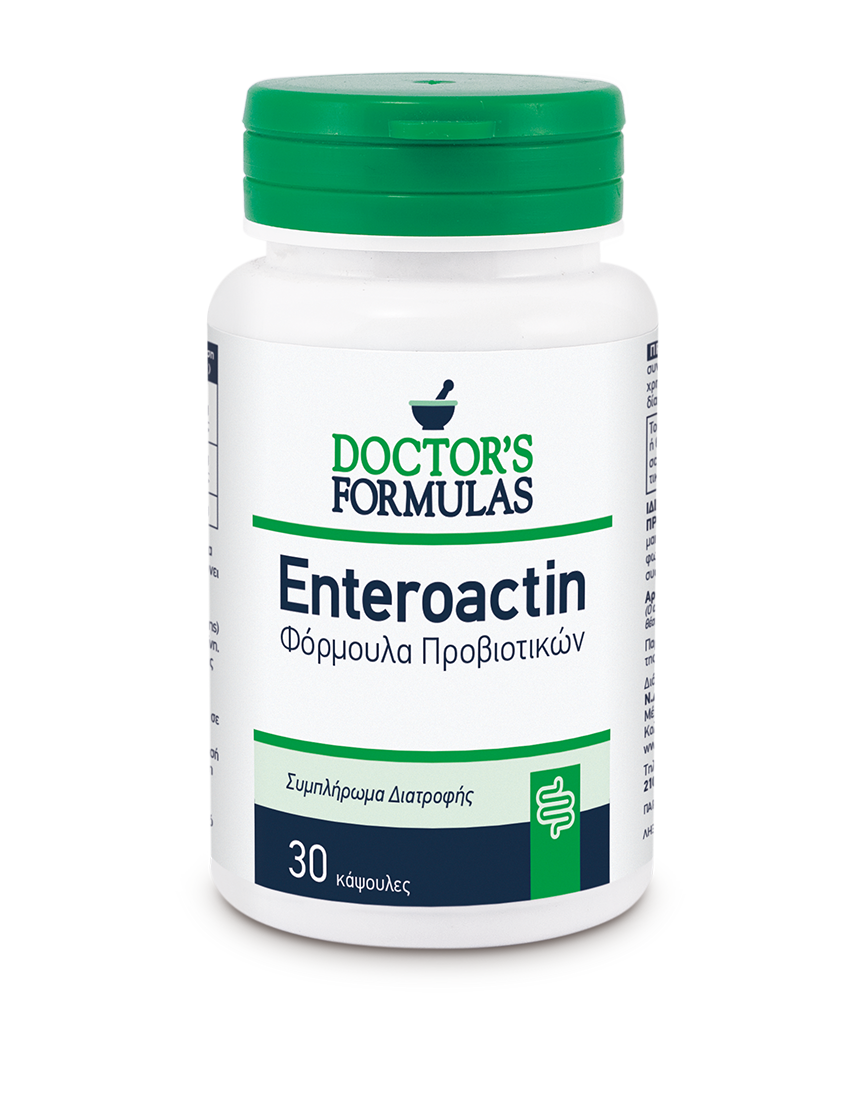Probiotics could be Beneficial for Lipid Management
Consuming probiotics, particularly Lactobacillus strains can help in improving the lipid profile, a new study published in PLoS One suggests.
Fifteen studies, with 976 subjects in all, were included in this meta-analysis. All the included studies were randomized, controlled trials with double-blind design. Of the 15 studies, 13 were parallel and the other 2 were cross-over.
A meta-analysis of 13 randomized controlled trials reported that probiotics consumption was able to decrease total-cholesterol and LDL-cholesterol levels effectively. Previous studies show that the gut microbiome may play an important role in the variation in serum lipids, supporting the potential of therapies altering the gut microbiome to control triglycerides and high-density lipoproteins.
Studies exploring the effects of probiotic Lactobacillus consumption on serum lipid were searched in PubMed, Web of Knowledge, Cochrane Library, and Embase databases.
- The present meta-analysis found that consumption of L. reuteri and L. plantarum could decrease the TC and LDL-C levels effectively.
- The study also suggested significantly beneficial effects on TG and HDL-C by consuming L. sporogenes and inulin.
The mechanisms of reducing cholesterol levels may be as following:
- reduction of the enterohepatic circulation of bile salts
- assimilation of cholesterol in the gastrointestinal tract
- production of propionic acid which could decrease blood lipids
- conversion of cholesterol into coprostanol in the gut
"This study provides useful information on the effects of probiotic, as novel therapies in lipids control", the authors concluded.






